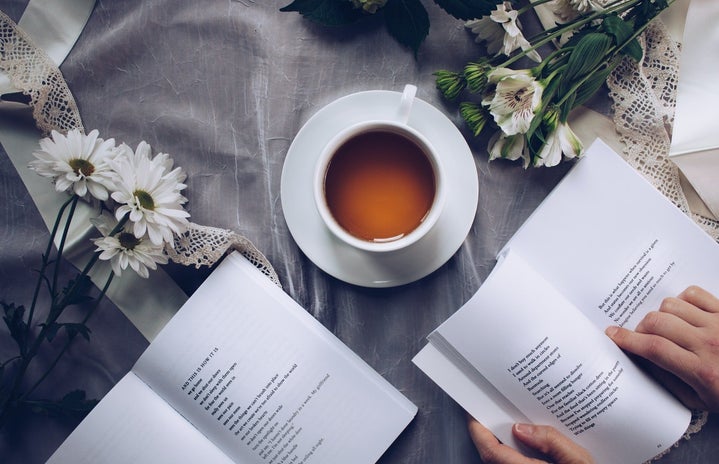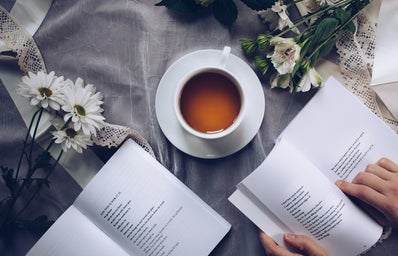Trigger warning: This article mentions eating disorders and sexual violence.
Recently, I read Roxane Gay’s book, “Hunger: A Memoir of My Body.” The book describes her experience with her body, her relationship to food and weight, and her story as a survivor of sexual violence. Gay gained weight in the wake of her trauma, as both a means of comfort and of protecting herself from the world.
My heart sinks when I think about Gay’s struggles with mental health and body image. After being sexually assaulted, Gay began to have an abnormal relationship with food, relying on binge eating for comfort.
For those of you who haven’t heard these words before, binge eating is a type of eating disorder that is characterized by frequent, massive consumption of food. The person suffering from the disorder will usually eat very rapidly and secretly until they are uncomfortably full or about to throw up. After binge eating, disguise, guilt, and shame flood back, often leading the person to blame and hurt themselves.
In the book, Gay explains that she felt more comfortable as she gained weight because she believed that extra weight would make her unattractive. In turn, this unattractiveness would turn men away and protect her from sexual assault.
“Even at that young age, I understood that to be fat was to be undesirable to men, to be beneath their contempt, and I already knew too much about their contempt,” Gay wrote. “This is what most girls are taught, that we should be slender and small.”
There is a lot to unpack here, but let’s start with the fact that it was never Gay’s fault—and it is never the survivor’s fault—for being assaulted. Someone’s physical appearance is never the cause of an assault. Rather, it is an issue of power that society must address. In addition, putting on weight does not make someone less attractive.
Unfortunately, Gay’s coping mechanism led her to experience more anxiety and anguish, especially as society alienated her when she gained weight. Gay wrote that she hated how people treated and perceived her, and hated not fitting in so many places where she wanted to be. She became hungry for love and support, hence the book’s title.
Not everyone can relate to all the tragedies that Roxane has gone through, but her insecurity is a visceral and uncomfortable feeling many of us are unfortunately familiar with. Growing up in China, I was surrounded by a monotonous, harsh, and somewhat unrealistic beauty standard for women. To be attractive or successful is to reach an “ideal” or “perfect” weight, no matter the fact that everyone’s body is different. I recall what I have seen or heard from newspapers or other digital media. I remember that children were bullied by peers in elementary school because of their size or appearance. I also know that women are mistreated in relationships and discriminated against in the workplace if they are not thin.
This culture of thinness has unfortunately led to an increase in the prevalence of eating disorders in our society. Around me, I have noticed more and more women limiting their food intake and harming themselves in the hope of losing weight. It is difficult to break the invisible shackles of one’s eating disorder, but getting help is essential to heal—and that is what Gay did. When struggling with an eating disorder, it is important to remember that no matter what the voices in our heads tell us, food cannot truly provide us the comfort that we need. Numbing ourselves is only a temporary solution, and we deserve to get long-term support to heal from the trauma that may have caused the disorder, as was the case for Gay.

For those of us who do not suffer from these disorders, it is crucial to challenge unhealthy expectations regarding people’s bodies, for example by promoting hitting the gym as a stress-relieving activity rather than as a way to burn calories.
I truly admire how incredible Roxane is to step up and tell the world about her story, and I hope that anyone who resonates with her experience can ultimately learn how to embrace their body, set themself free, and gain true happiness.
Want to keep up with HCBU? Make sure to like us on Facebook, follow us on Instagram, check out our Pinterest board, and read our latest Tweets!


